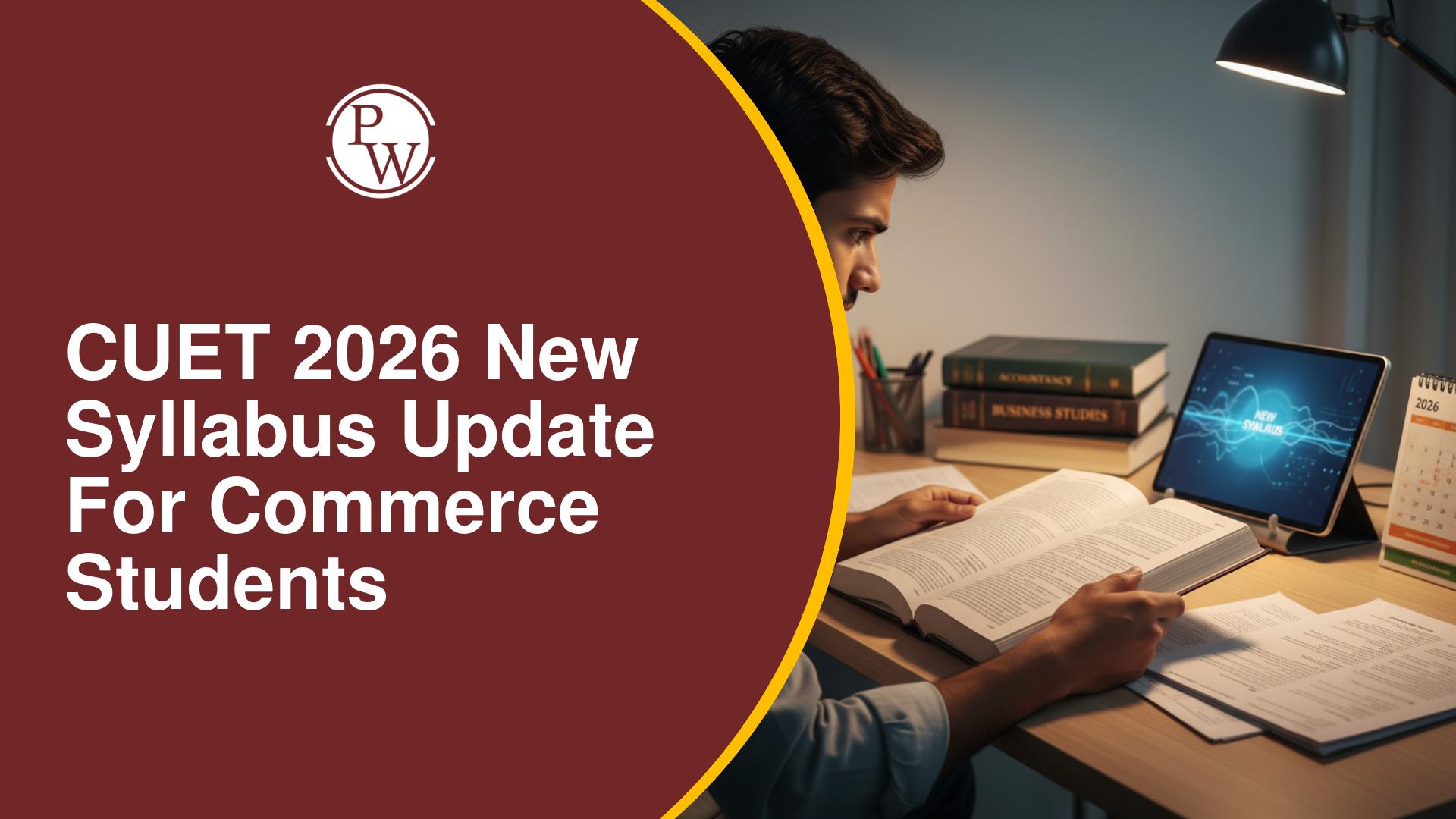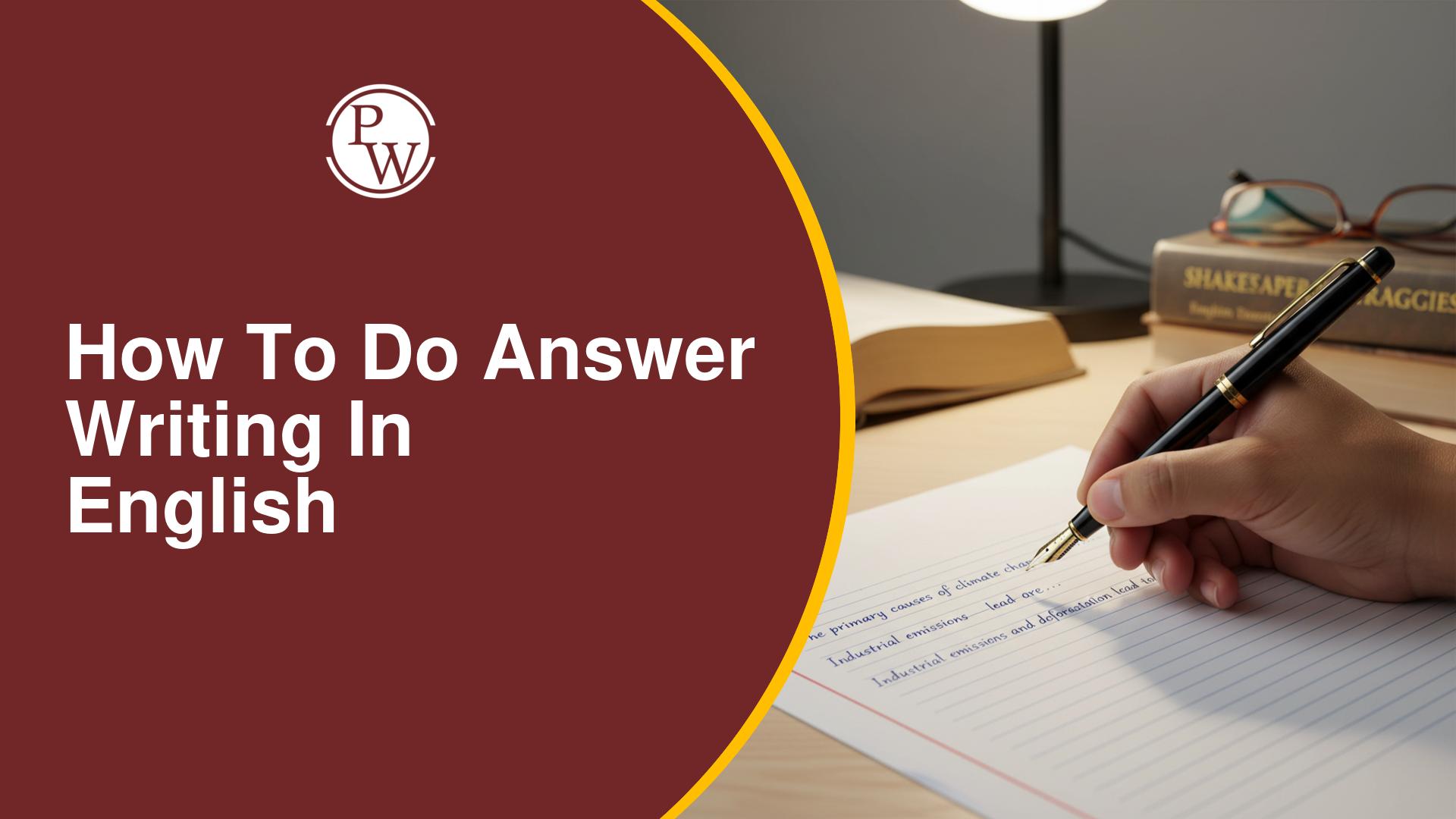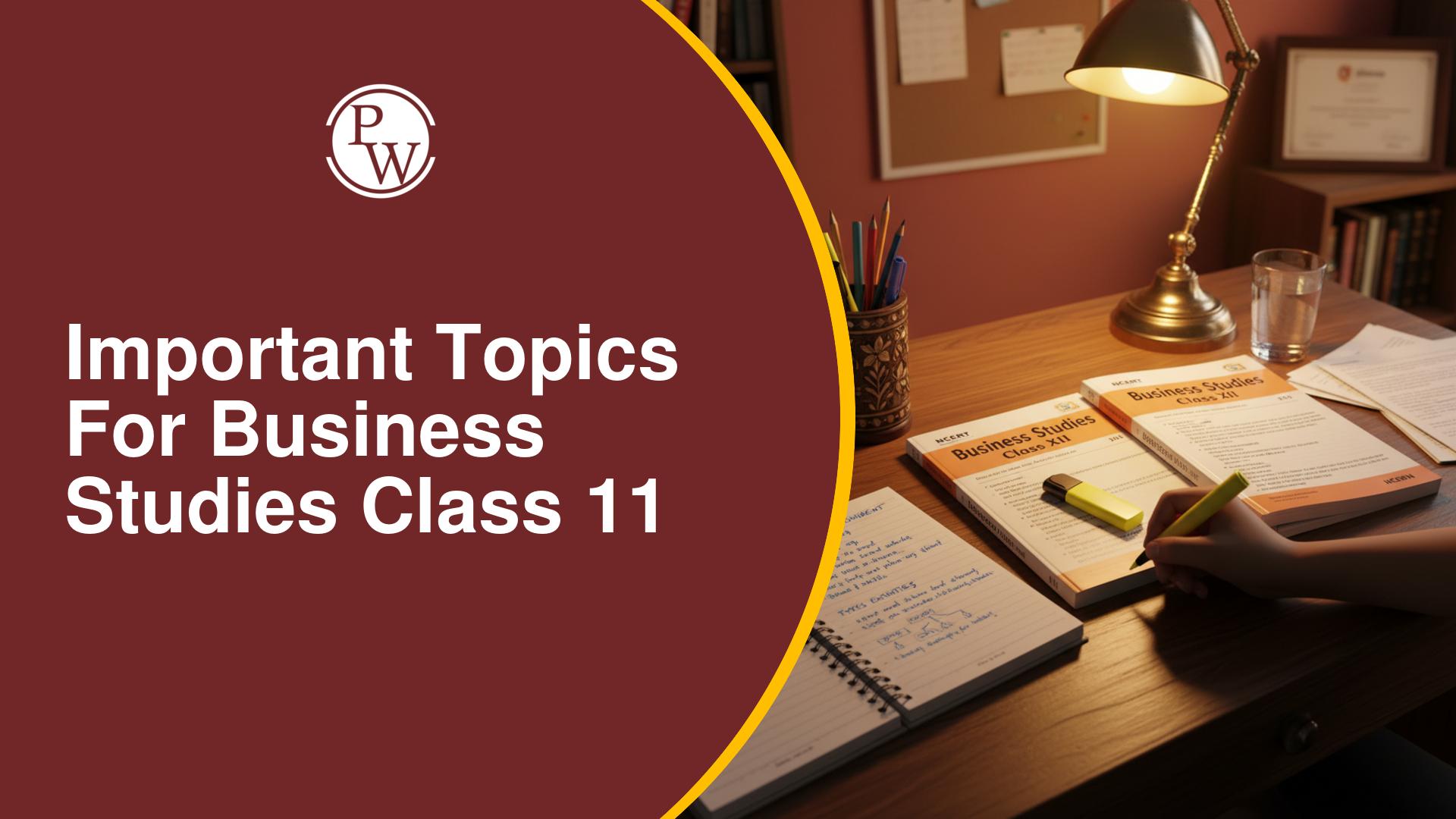
CBSE Class 11 Applied Maths Probability 2025-26: Applied Mathematics was introduced to the CBSE curriculum with the aim of better connecting with real-world applications in social sciences. One key concept covered in CBSE Class 11 Applied Maths is Probability. Probability, a fundamental branch of mathematics, helps us understand how likely it is for an event to happen based on repeated trials.
Now, let's delve deeper into the Probability chapter of CBSE Class 11 Applied Maths. Explore this post to discover essential formulas, covered topics, and practice questions related to probability.CBSE Class 11 Applied Maths Probability 2025-26
"Probability" essentially means the likelihood of something happening. In practical terms, it's about predicting outcomes. This applies especially in situations where events occur randomly but still have real-life connections. In CBSE Class 11 Applied Maths , the probability topic covers four chapters. There are two main types of probability taught in this syllabus:Theoretical Probability: This deals with predicting the chances of future events. For instance, if you flip a coin, there's a 50% chance it will land on tails. Understanding theoretical probability helps in making informed decisions, even when the outcome isn't certain.
Experimental Probability: This type focuses on predicting outcomes based on actual trials. For example, if you flip a coin 10 times and get "tails" 6 times, the experimental probability of getting "tails" is 6 out of 10 trials.
CBSE Class 11 Applied Maths Probability Formulas
Faculty suggest that mastering the formulas of class 11 Applied Maths Probability CBSE can significantly aid candidates in tackling exam questions effortlessly. Additionally, enrolling in top-notch Applied Mathematics Online Coaching can greatly enhance candidates' chances of success. Below, we highlight some key probability formulas.
| CBSE Class 11 Applied Maths Probability Formulas | |
| Probability Range | 0 ≤ P(A) ≤ 1 |
| Rule of Addition | P(A∪B) = P(A) + P(B) – P(A∩B) |
| Rule of Complementary Events | P(A’) + P(A) = 1 |
| Disjoint Events | P(A∩B) = 0 |
| Independent Events | P(A∩B) = P(A) ⋅ P(B) |
| Conditional Probability | P(A | B) = P(A∩B) / P(B) |
| Bayes Formula | P(A | B) = P(B | A) ⋅ P(A) / P(B) |
CBSE Class 11 Applied Maths Probability Topics
Understanding the syllabus for Probability in CBSE Class 11 Applied Maths is crucial for effective preparation. By knowing the syllabus, you can efficiently plan your study schedule to cover all the necessary topics. Take a look at the table below to familiarize yourself with the topics covered in Class 11 Probability.
| CBSE Class 11 Applied Maths Probability Topics | |
| Sl. No. | Name of the Topic |
| 1. | Random experiment, mutually exclusive events, Sample Space, events |
| 2. | Independent and Dependent Events |
| 3. | Law of Total Probability |
| 4. | Bayes’ Theorem |
CBSE Class 11 Applied Maths Probability Preparation Tips
To succeed in the CBSE Class 11 Applied Maths Probability exam, consider incorporating the following strategies:Understand the Basics: Ensure a solid understanding of fundamental probability concepts such as sample spaces, events, and probability distributions. Clear basics form a strong foundation for tackling advanced problems.
Refer to CBSE Handbook: Utilize the official CBSE handbook and study materials provided by the board. These resources are tailored to the syllabus and exam pattern, providing invaluable guidance.
Practice Regularly: Dedicate time to regular practice. Solve a variety of probability problems from textbooks, previous years' question papers, and online resources. Practice helps in reinforcing concepts and improving problem-solving skills.
Focus on Application: Understand how probability concepts apply to real-life scenarios. This application-based approach not only enhances understanding but also improves retention.
Master Problem-solving Techniques: Familiarize yourself with various problem-solving techniques such as permutations, combinations, and conditional probability. Practice applying these techniques to different types of probability problems.
Time Management: Develop effective time management strategies for the exam. Allocate time wisely to each section, ensuring you have sufficient time to attempt all questions, including those from the Probability section.
Review and Revise: Regularly review and revise probability concepts. Create concise notes summarizing key formulas, theorems, and techniques. Revision helps in reinforcing learning and retaining information.
Seek Clarification: Don't hesitate to seek clarification from teachers or classmates if you encounter difficulties with any concept or problem. Clarifying doubts promptly prevents misconceptions from hindering your progress.
Mock Tests and Sample Papers: Practice mock tests and solve sample papers to simulate exam conditions. This helps in familiarizing yourself with the exam pattern, managing time effectively, and identifying areas for improvement.
Stay Positive and Confident: Maintain a positive attitude and believe in your abilities. Confidence plays a significant role in tackling challenging problems effectively during the exam.
Join PW Commerce Online Course and unlock your potential with quality education and dedicated learning support.
| Related Links | |
| Commerce Class 11 | Class 11 Accountancy |
| Class 11 Commerce Syllabus | Class 11 English |
| Class 11 Business Studies | Class 11 Economics |
| Class 11 Maths | |
CBSE Class 11 Applied Maths Probability 2025-26 FAQs
What are the main types of probability covered in CBSE Class 11 Applied Maths?
What are some key formulas for Probability in CBSE Class 11 Applied Maths?
What topics are included in the Probability syllabus for Class 11 Applied Maths?
How can I prepare effectively for the CBSE Class 11 Applied Maths Probability exam?
Why is mastering probability concepts essential for success in the exam?










